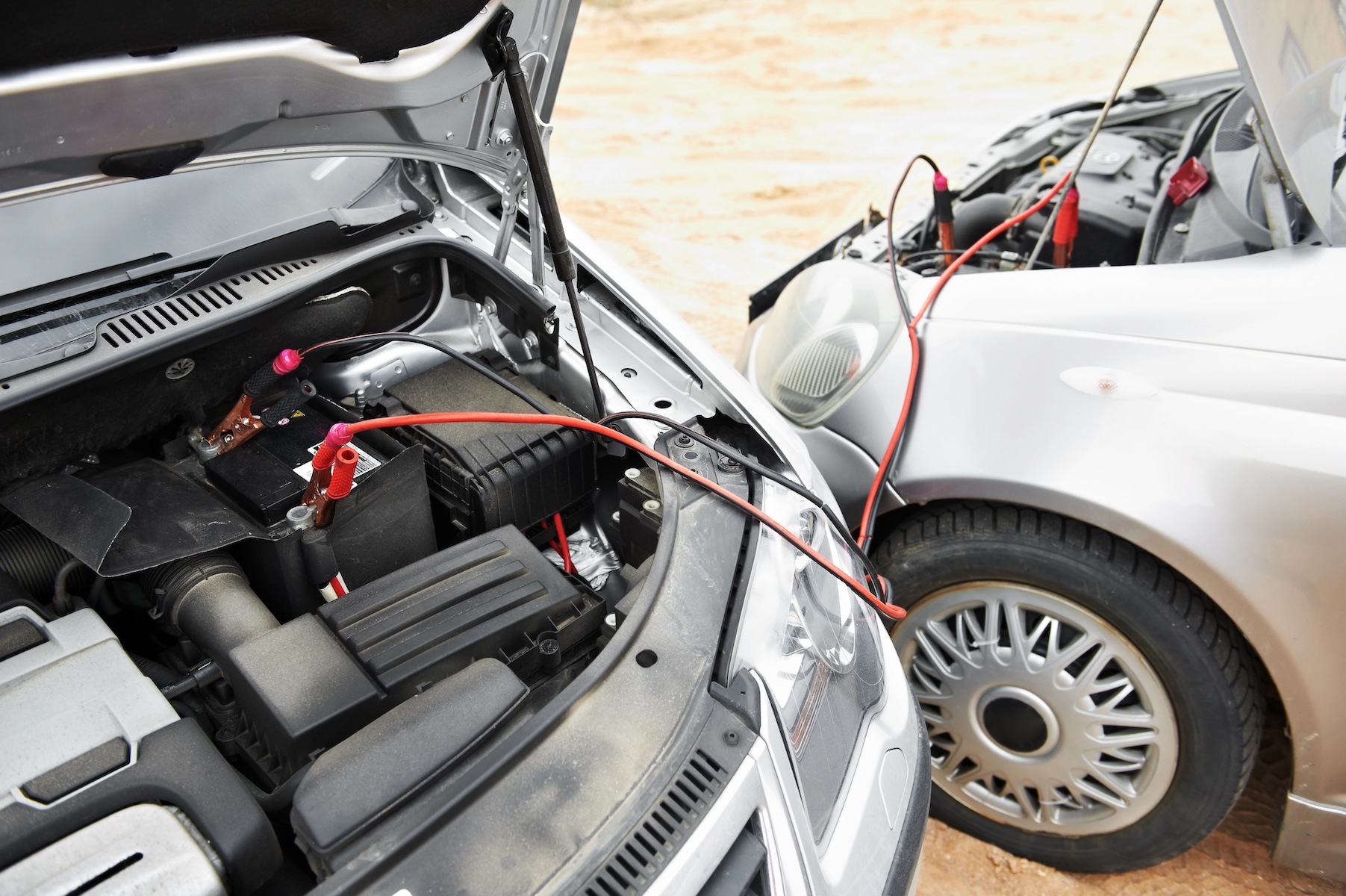The sweltering summer months in Phoenix, Arizona, make for an extreme environment not just for people but also for their vehicles. One common issue many Phoenix drivers face is the need for a new car battery during the hottest months of the year. While freezing winter temperatures are often blamed for troubles elsewhere, in Phoenix, it’s the intense heat that causes most of the problems.
So, why do most Phoenix cars need a new battery in the summer? Let’s delve into how the desert heat impacts car batteries and what you can do to mitigate these effects.
Heat Accelerates Battery Fluid Evaporation
The extreme heat in Phoenix can cause the liquid electrolyte inside car batteries to evaporate, especially if the car is left parked outside and exposed to direct sunlight. The loss of this fluid leads to a reduction in the capacity to hold a charge and ultimately results in a shorter lifespan. Over time, as the electrolyte levels drop, the internal components can become damaged.
Increased Corrosion
Higher temperatures can lead to increased chemical reactions within the battery, which accelerates corrosion. Corrosion on the terminals and nearby components can disrupt the flow of electricity and lead to a dead battery. Routine maintenance checks can help you spot corrosion early and address it before it results in more significant issues.
Thermal Stress on Battery Components
Car batteries have multiple components that are susceptible to thermal stress. The metal plates inside the battery can expand and contract based on the temperature, leading to structural stress and potential failure. This degradation is expedited in Phoenix’s hot climate, accelerating the aging process.
Increased Demand from Vehicle Air Conditioning
Running the vehicle’s air conditioning at full blast is common during the summer, placing an additional load on the battery. Coupled with already weakened performance due to heat, this increased demand can push an older battery beyond its limit.
Preventive Measures
To ensure your car’s battery fares well through a Phoenix summer, consider these preventive measures:
- Regular Inspections: Check your battery for signs of erosion and test the performance regularly, especially before and during the summer months.
- Parking in the Shade: Whenever possible, park your car in shaded areas or use sunshades to reduce heat exposure.
- Maintain Clean Terminals: Clean any corrosion from the terminals to ensure a good connection and prevent electrical issues.
- Proactive Replacement: If your battery is more than three years old, consider having it checked and possibly replaced before the onset of summer to avoid an unexpected failure.
- Check the Fluid Levels: If your battery is not maintenance-free, periodically check the electrolyte levels and top them off with distilled water if needed.
Phoenix’s intense summer heat can take a toll on car batteries, often leading to a need for replacement. Being proactive and mindful of how the climate impacts your vehicle can help you avoid inconvenient and costly breakdowns. If you’d like us to check the life of your current battery contact us today.





